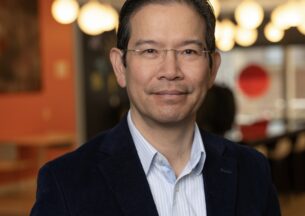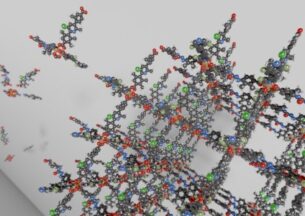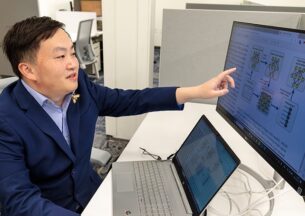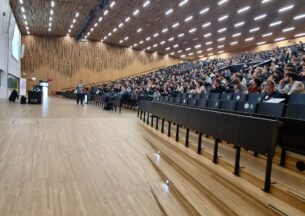Prof. Fred Chong Named to National Quantum Initiative Advisory Committee

In 2018, the National Quantum Initiative Act was passed by Congress to advance American research on quantum computing and other quantum technologies. Since then, the U.S. government has awarded over $1 billion in funding for quantum research, including the establishment of quantum research centers at Argonne and Fermilab earlier this month.
To continue guiding the course of these investments in quantum research, the White House Office of Science and Technology Policy and the U.S. Department of Energy (DOE) created a new National Quantum Initiative Advisory Committee (NQIAC). Among the 23 inaugural members of the committee is UChicago CS Professor Fred Chong, lead investigator of the Enabling Practical-Scale Quantum Computing (EPIQC) collaboration.
As a member of the committee, Chong will join representatives from industry, universities, federal laboratories in counseling government agencies on how best to ensure American leadership in quantum information sciences (QIS), the DOE announced.
“Today, the White House is proud to join DOE to announce the members of the NQIAC, an important step forward for the National Quantum Initiative. We look forward to engaging with the entire U.S. innovation ecosystem to advance quantum research and innovation for the betterment of our Nation,” said U.S. Chief Technology Officer Michael Kratsios.
The committee will hold its first meeting in October 2020. The NQIAC will be co-chaired by Dr. Charles Tahan, OSTP Assistant Director for Quantum Information Science and Director of the National Quantum Coordination Office, and Dr. Kathryn Ann Moler, Dean of Research at Stanford University.
In addition to leading the EPIQC expedition, Chong also received funding last year from the DOE as part of two multi-institutional projects developing new algorithms, software, and machine designs for current and near-future quantum technologies, with the goal of reducing the gap between existing theoretical algorithms and practical quantum computing architectures.













